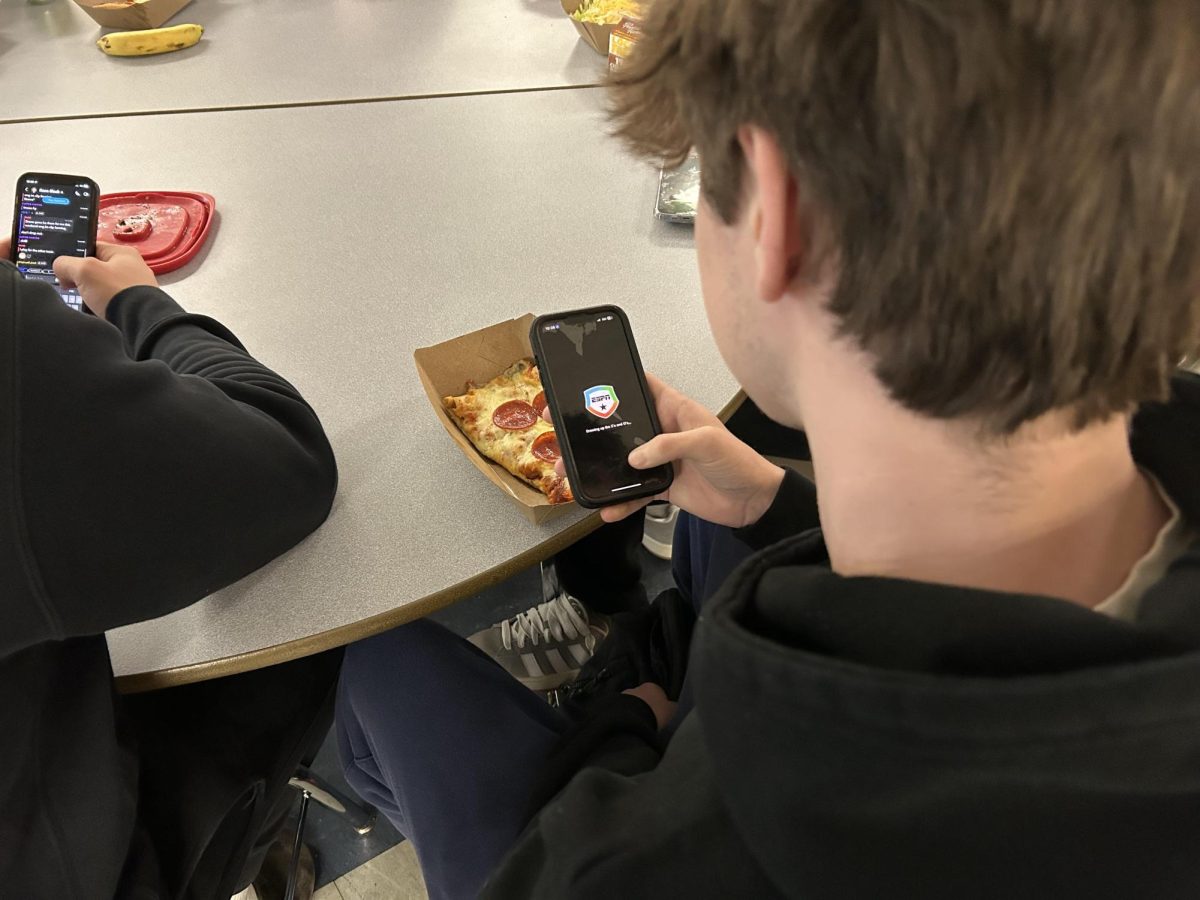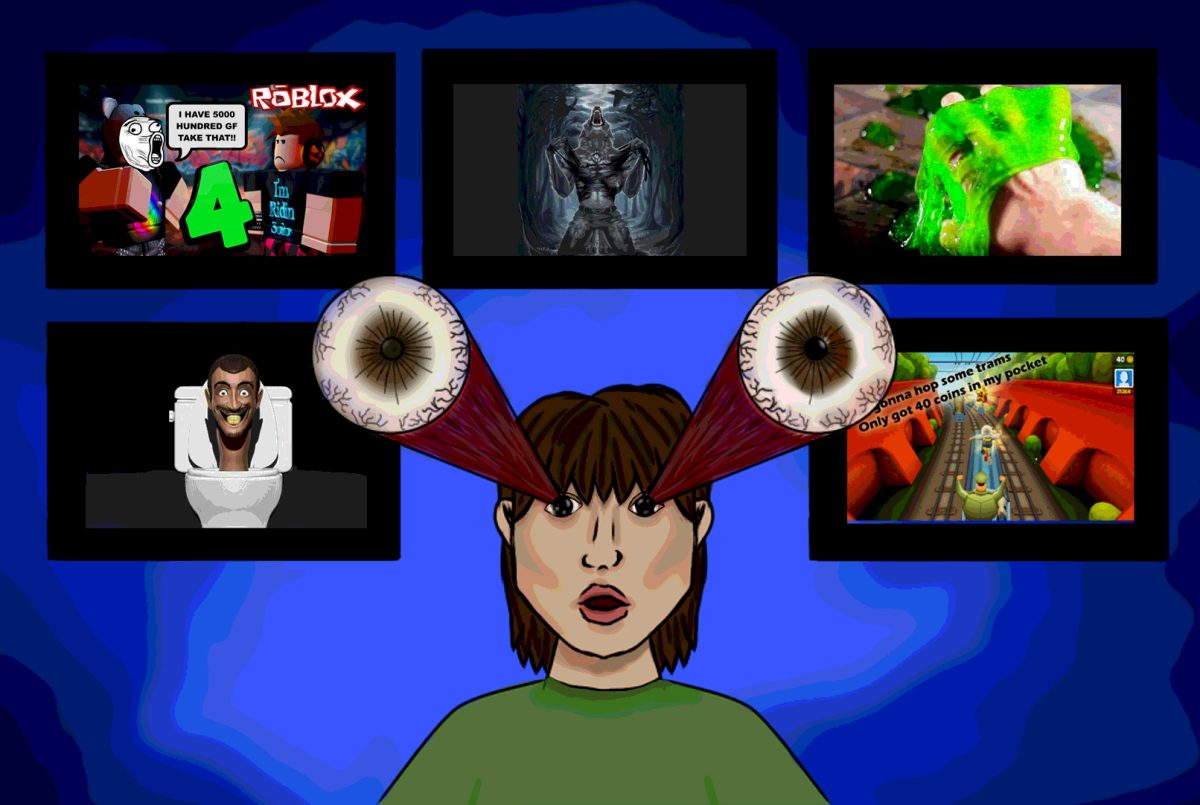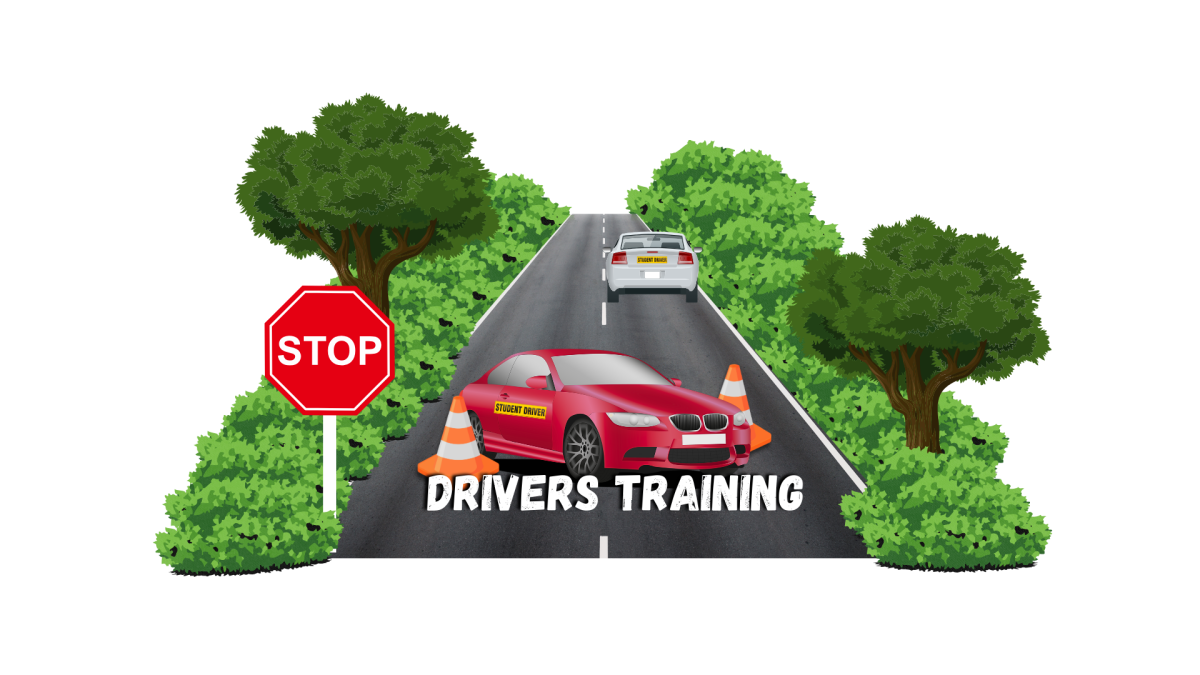
If you were born after the year 1993, you are considered part of the “Google Generation.” The Google Generation is the generation of young people that have no real recollection of life before the Internet. Most of their lives, this generation has been able to just “google it” whenever they come across something that they do not know about. Comparatively, previous generations would have reached for a book or gone to the library to gain knowledge, where this Google Generation would prefer a search engine. Not to say the idea of the Internet is not captivating, helpful, and wonderful, but I think that there is a price we pay in using it often. This price would be our individuality and creativity.
When the answers are right at our fingertips, no one stops to really think about the question anymore. I think this seriously impedes our learning. What is the point of reading if we are not thinking about what we are reading? Reading should be enhancing and thought-provoking. However, today, in our information consuming society, we just want answers, and those answers typically come from others, not from ourselves.
Anyone over the age of thirty may remember a time when, while trying to remember something, the group would brainstorm until someone remembered the answer. Today, on the other hand, a group of young people may instantly reach for a phone to look up the answer instead of working together to gradually form the solution.
In this fast paced society, why would anyone spend hours searching through books for guidance, when they can find “the answer” by typing in a few key words into a search bar? Well, they wouldn’t. Because of this, people are spending drastically less time reading. This is called “horizontal information seeking.” Instead of reading an article in its entirety, most people will scan a few pages and then move on. It seems that we “read” differently on the Internet; not in the traditional sense. We bounce around, read titles and summaries, and rapidly click on hyperlinks hoping to find some quick information.
Along with this, young people are apparently unable to asses the authority and accuracy of what they find on the internet. This claim reminds me of a State Farm commercial where a young woman believes everything put on the Internet, including that nothing untrue can be put on the Internet. At the end of the commercial, a chubby bearded man appears and the woman states that he is a French model, whom she met on the Internet. Although the commercial is lighthearted and humorous, I believe that our younger generations have become quite gullible with regards to the Internet. Young people especially often forget that the Internet is a compilation of data from anyone who feels like putting out some information, true or untrue.
Some may conclude that having this plethora of information available is making us smarter. However, we search so quickly and inefficiently that we don’t dig very deep. Society has had to dumb down the information given to us; instead of a full out article, we might get 140 characters of quick information in a tweet. Our attention spans are shorter, as well as our ability to think independently and creatively.







